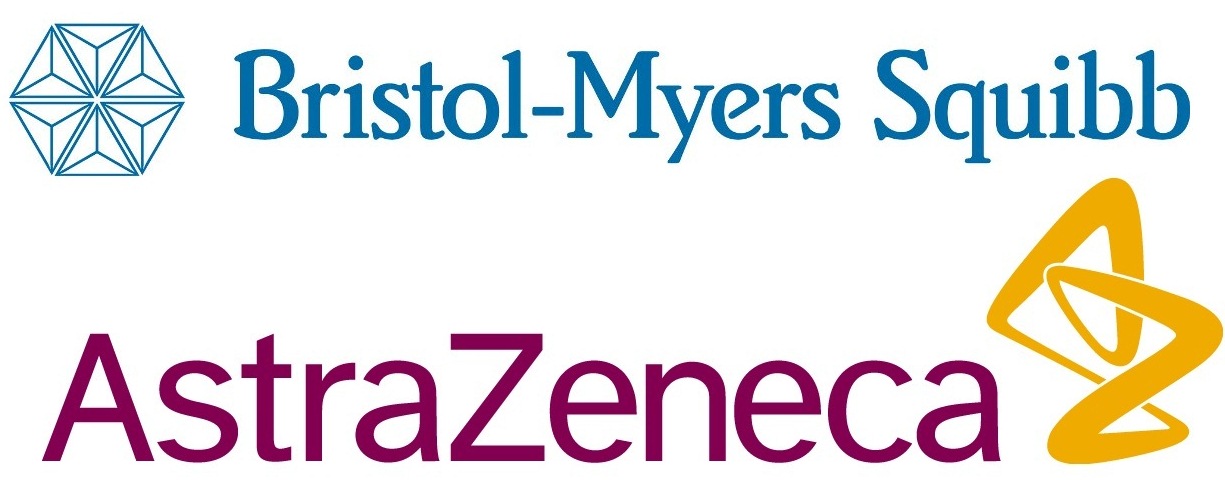FDA Approves the SGLT-2 inhibitor Farxiga (dapagliflozin) for Type 2 Diabetes

On January 8, the FDA approved Farxiga (dapaglifozin) for the treatment of type 2 diabetes. The drug is called Forxiga in Europe, where it has been approved since November 2012. Farxiga is an SGLT-2 inhibitor like J&J/Janssen Cilag’s Invokana (canagliflozin), which works to lower blood sugar by excreting excess glucose through urine. Patients using Farxiga typically reduce their A1c by an average of 0.8% to 1% in trials lasting a year (this is from a starting A1c of 8.5% before the trial began – so that’s pretty good!). Urination of excess glucose also means losing some excess calories each day, and indeed, participants in clinical trials lost a few pounds on average and saw a small drop in blood pressure. As a note, Kelly took the SGLT-2 Invokana “off-label” for some time and lost ten pounds. Farxiga’s most common side effect is urinary and genital tract infections, which many experts believe are fairly easy to manage should they occur. However, patients’ experiences vary and for a small percentage, we believe the tradeoff will not be worth it.
In order to understand the long-term effects of Farxiga better, the FDA is requiring six long-term studies for the drug after it is put on the market, which includes a cardiovascular outcomes trial (CVOT), two bladder cancer risk studies, a pediatric study, and a program that will monitor other side effects. Until the long-term effects of Farxiga are well established, Farxiga is not recommended for patients with active bladder cancer or with moderate to severe kidney impairment. Although it will be very interesting to see if any of the newer medications are “cardio-protective,” we continue to wonder about the value of CVOTs since they are so expensive to design and execute and the safety data is still not clear. In this case, the CVOT is required after approval, which is a big positive – other drugs in development are often delayed because they require a CVOT pre-approval.
After BMS/AZ’s initial regulatory submission of Farxiga in January 2012 the FDA called for more data to address concerns related to bladder cancer, cardiovascular issues, and liver safety. In December 2013, the Advisory Committee (a panel of experts that provides recommendations to the FDA on the safety and effectiveness of new therapies) reviewed the data and decided that these concerns did not appear to be serious enough to keep the drug from reaching the American public, and voted an overwhelming 13-1 in favor of approving Farxiga. Notably, the vote was a closer 10-4 on whether the drug met the FDA’s cardiovascular safety guidelines, which suggests that some panelists don’t see the guidance as necessary for having a drug approved. Having more options in diabetes treatment is essential – especially since only around half of patients are at their A1c goal – and the approval of Farxiga is positive news for the future of SGLT-2 inhibitors and other drugs in development. –NL/JD/KC







